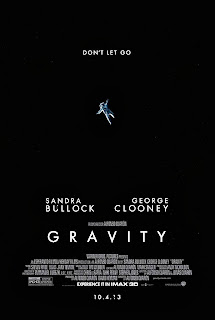So it was inevitable that I was going to publish a list like this, so without further ado here is my ten favourite films, in order, of 2013:
Snubbed by Hollywood for apparently
being too gay this touching and hilarious Liberace biopic premiered on HBO
therefore denying both Michael Douglas and Matt Damon for Oscar
nominations. It got a cinema release
here in the UK and I loved it.
An obvious choice that will be in everyone’s
end of year lists, this sci-fi thriller was a cinematic phenomenon reminding us
all what we should expect from the big screen.
To all those people who pirated the film online, as they couldn’t be
bothered to pay to see it: you missed something special.
An understated documentary that gave an
insight into the terrible AIDS virus of the late ‘80s and early ‘90s. A heartbreaking and brilliant film about the
power of people in the face of government prejudice – it was released in a year
where LGBT rights are expanding at an amazing rate in the West, but there is
still so much work to do. A humanizing
and important film.





















